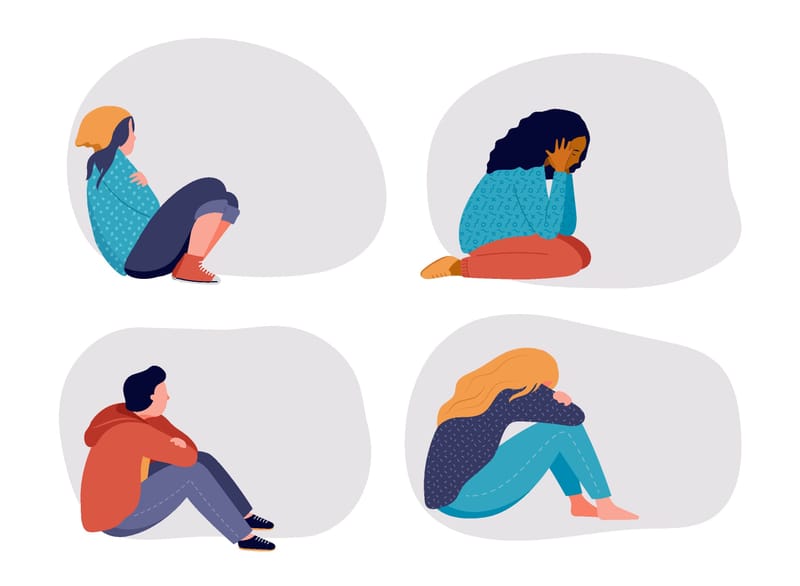
Excessive alcohol use is an established public health problem in Australia, and did not originate from the coronavirus pandemic. But what has changed is how much alcohol we're drinking at home, as a result of closed restaurants, clubs and hotels, and restrictions on numbers of people able to gather in parks.
There are particular risks associated with drinking at home. Compared with drinking in entertainment venues, it's established that excessive consumption of alcohol at home is associated with higher rates of alcohol dependence, domestic violence, and other long-term adverse behavioural impacts and health consequences.
Drinking up
The Global and Women’s Health team at Monash’s School of Public Health and Preventive Medicine has been investigating alcohol use and mental health status in Australia since the start of the pandemic. Its findings were recently published in the Journal of Affective Disorders.
20% of nearly 14,000 adults surveyed had increased their use of alcohol at the onset of the coronavirus pandemic in Australia.

The research shows that 20% of nearly 14,000 adults surveyed had increased their use of alcohol at the onset of the coronavirus pandemic in Australia. People who had more severe symptoms of depression and anxiety were more likely to be drinking alcohol in bigger quantities than previously. Associations between depressive and anxiety symptoms and increased alcohol use did not vary between males and females, the study showed.
Thach Tran is a research fellow at Women’s and Global Health, and led the most recent study. He said the research answered an urgent need for more data to inform public health responses surrounding mental health and alcohol use during the pandemic.

The data were collected through an anonymous online survey, which was launched a month after restrictions had been introduced, and four days after significant stage two restrictions to limit the spread of COVID-19 were mandated in Australia.
“One in five adults reported that they had increased their alcohol consumption since the beginning of the pandemic,” says Dr Tran.
“This is a significant increase in alcohol usage, although not entirely surprising,” he said. “It is well-understood that stress can trigger alcohol misuse.”
Given the magnitude of the pandemic, Dr Tran said it was likely that alcohol might be used to manage the anxiety associated with adaptation, and the uncertainty about the duration of the restrictions.
Depression, anxiety key factors
Identifying who was most at risk of increased alcohol consumption was core to the study.
“We established that people with more severe symptoms of depression and anxiety were more likely to report an increase in their alcohol use,” said Dr Tran.
“Excessive alcohol use alters psychological functioning, and is linked to reduced clarity of thinking, concentration, judgment, problem-solving and emotion regulation. Family violence is often associated with excessive alcohol use and poor anger management,” says Professor Jane Fisher, one of the paper’s co-authors.
“These data indicate that there is a need for public policies focused on safe alcohol use during the COVID-19 pandemic, and that strategies should include specific consideration of the needs of people with mental health problems,” she said.
The finding that increased alcohol consumption is associated with mental health problems indicates that interventions for mental health, such as telehealth, should include direct assessment of, and responses to, alcohol use.
Health promotion fostering responsible consumption of alcohol is, encouragingly, already underway. For example, the Alcohol and Drug Foundation has released a campaign, "Don’t let a little habit turn in to a big problem", urging people who may have increased their alcohol use during lockdown to reassess and modify their drinking.
There is, nevertheless, a pressing need to address the increase in alcohol use associated with the COVID-19 restrictions, to reduce the likelihood of it leading to harmful behaviours and adverse effects on health.





